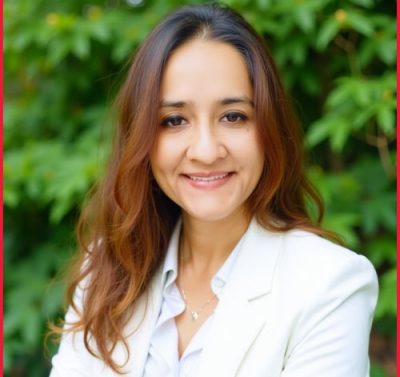“This is my best and final offer.”
Elon Musk’s $43 billion bid for Twitter follows in the footsteps of Warren Buffett’s take-it-or-leave-it strategy. However, investment bankers, investors, and analysts said he needed a bombshell bid and more information on his financing for this strategy to work. They also pointed out that Musk’s track record of changing his mind weighs against him.
Buffett is well-known for closing large deals through his conglomerate Berkshire Hathaway Inc, such as the $11.6 billion acquisition of property and casualty reinsurer Alleghany Corp and the $37 billion acquisition of aerospace equipment maker Precision Castparts Corp, by making a single offer and refusing to negotiate.
These offers were deemed fair by their acquisition targets and were backed by Berkshire Hathaway’s committed financing. The market, on the other hand, deemed Musk’s bid to be too low and lacking in financing details.
Musk, the CEO and co-founder of luxury electric carmaker Tesla Inc, tweeted in 2018 that there was “funding secured” for a $72 billion deal to take Tesla private, but did not proceed with an offer. He and Tesla each paid $20 million in civil fines, and Musk stepped down as Tesla’s chairman to settle SEC allegations that he defrauded investors.
“Over the course of his 60-year career, Warren has demonstrated that when he says something, he does it. His word is extremely valuable. I wouldn’t put my trust in Elon because he lacks dependability “said Lawrence Cunningham, a George Washington University law professor who has written extensively about Buffett.
Requests for comment from Musk and Buffett went unanswered.
Musk’s cash offer of $54.20 per share, valued at $43 billion, represents a 38 percent premium over Twitter’s April 1 close, the last trading day before his 9.1 percent stake in the social media platform was made public. However, it is lower than where Twitter shares were trading in November. For the majority of 2021, the shares were trading at or above $60.
According to uninvolved investment bankers, the most comparable comparison would be PayPal Holdings Inc’s offer for Pinterest Inc, which the payments firm withdrew last October following a negative investor response to its interest. Pinterest was valued at 17.4 times sales in the offer. In comparison, Musk’s offer only values Twitter at 8.6 times sales.
Twitter shares closed Thursday at $45.08, down 1.75 percent since Musk announced his $54.20 per share offer, reflecting widespread investor scepticism that a deal will be struck.
“I don’t think the Twitter board of directors will have a hard time saying no to this deal. It’s not an exorbitant premium, and it’s not overpriced right now “said Chris Pultz, Kellner Capital’s portfolio manager for merger arbitrage.
A spokesperson for Twitter did not respond to a request for comment.
Financing specifics are scant.
Musk sold more than $15 billion in Tesla stock last year, accounting for roughly 10% of his stake in the electric vehicle manufacturer, in part to satisfy a tax obligation.
It’s unclear how much of that Musk now has available for a Twitter bid, and he could sell more Tesla stock or borrow against it. In a regulatory filing on Thursday, he gave no information about his funding.
A leveraged buyout is typically 60 percent to 80 percent financed with debt, so Musk would almost certainly need to contribute at least $10 billion in equity. He could enlist the assistance of partners, such as private equity firms, to help fund his contribution.
Another question is whether banks are willing to provide debt for the transaction given the uncertainty about how Twitter would be run if Musk owned it. He has criticized Twitter’s current management, but he has not revealed who will take their place. He has also spoken out against Twitter’s reliance on advertising, despite the fact that it accounts for the vast majority of its revenue. Musk’s lead bank on the bid is Morgan Stanley.
Musk stated in the offer letter that if Twitter rejects his offer, he will reconsider his position as a shareholder. Later that day, he hinted at the possibility of a hostile bid in which he would bypass Twitter’s board.
He tweeted that Twitter shareholders should be able to vote on the deal, and he posted a poll asking Twitter users for their thoughts on the matter. A company will typically put a deal to a shareholder vote only after its board of directors has approved it.
Analysts said Musk’s chances of a deal would improve significantly if he is willing to make another offer despite calling his first bid “best and final,” given his resources as the world’s richest man.
“The board could see a case for rejecting the first offer and exploring options for a higher price,” Bank of America analyst Justin Post wrote on Thursday.














